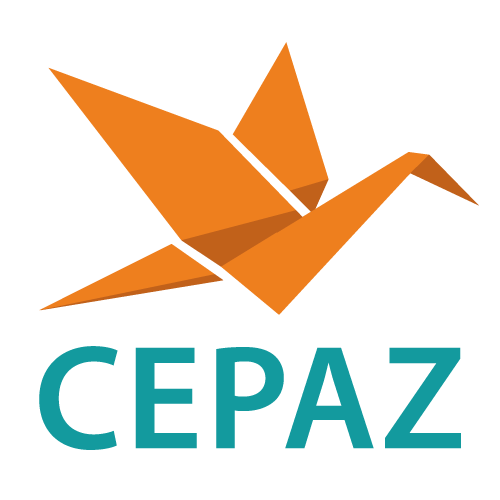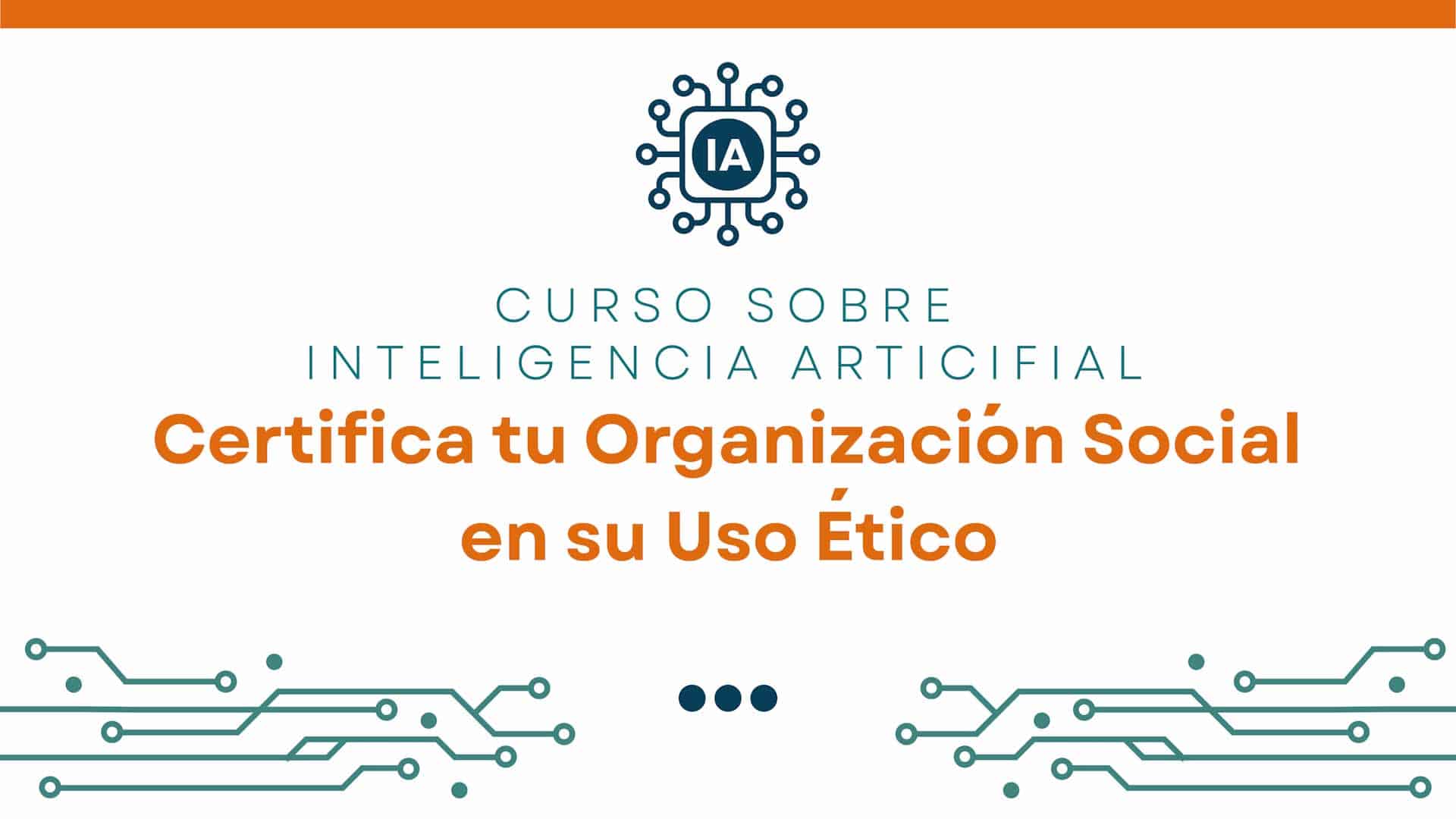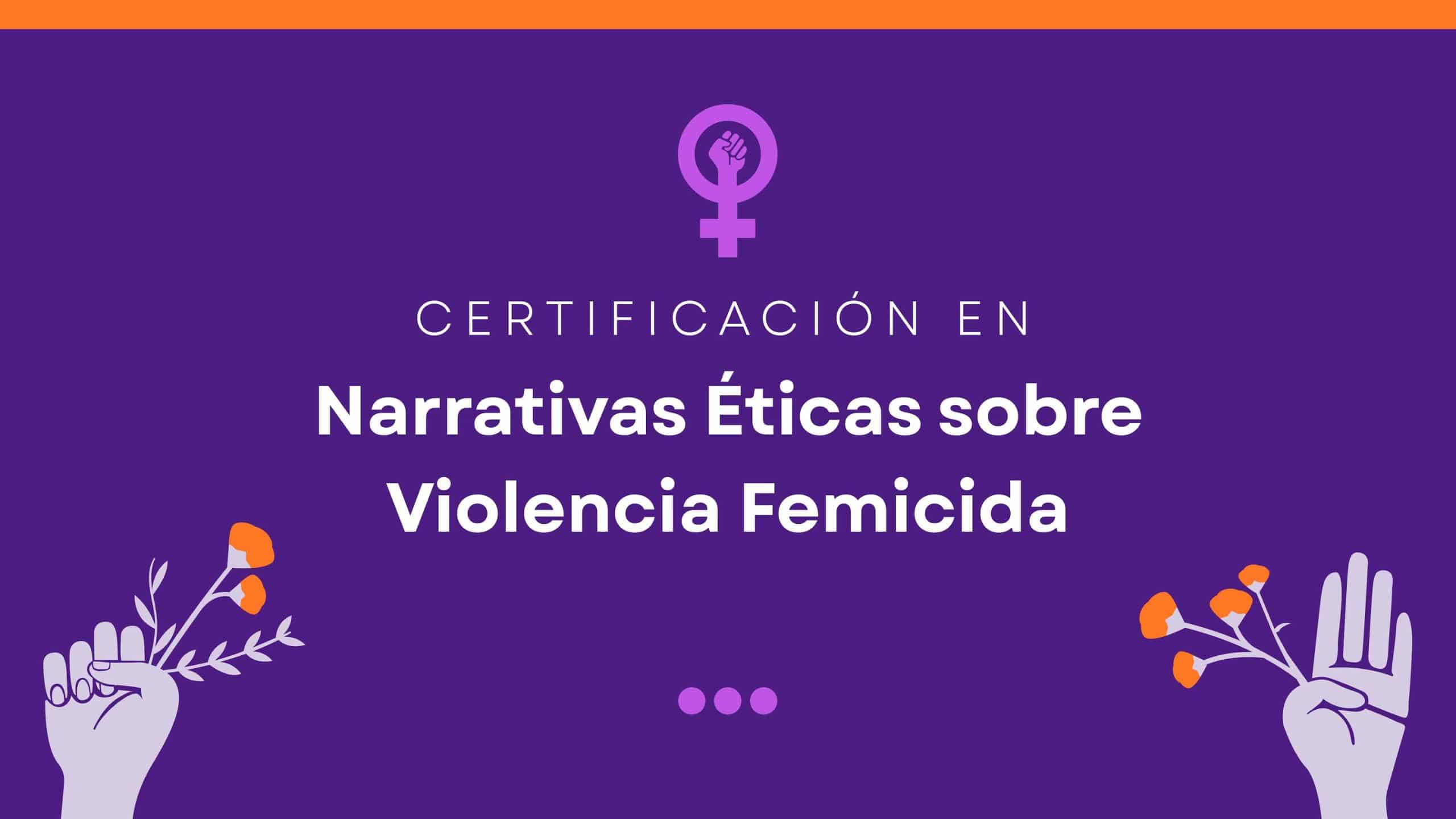28 June 2022
1:30 pm – 2:30 pm (GVA)
Hybrid Event
Registration: https://bit.ly/3n6lT1C
Background
In 2019, the United Nations Human Rights Council (HRC) approved resolution 42/25 establishing the Independent International Fact-Finding Mission on the Bolivarian Republic of Venezuela (FFM) to investigate, for a period of one year, extrajudicial executions, enforced disappearances, arbitrary detentions, and torture and other cruel, inhumane or degrading treatment since 2014, with a view to ensuring full accountability for perpetrators and justice for victims.
In September 2020, the FFM published its first findings in which it found reasonable grounds to believe that since 2014 Venezuelan authorities and security forces have, since 2014, planned and executed serious human rights violations, some of which – including arbitrary killings and the systematic use of torture – may amount to crimes against humanity.
In October 2020, the HRC adopted resolution 45/20, extending the FFM’s mandate for an additional two years, until September 2022 and adding sexual and gender-based violence to the four core violations and abuses evaluated by the mission. The Council resolution particularly condemned “widespread targeted repression and persecution on political grounds”, and recommended that the UN General Assembly submits the FFM reports to all relevant United Nations bodies for appropriate action.
In September 2021, the FFM published its second report, which focused on the role of the justice system in perpetuating impunity for human rights violations and abuses and possible crimes against humanity. Since its establishment, the Venezuelan government has refused to cooperate with the FFM, despite being a current member of the HRC. To date, the government has also not undertaken significant efforts to implement recommendations made by the High Commissioner for Human Rights in her reporting on
Venezuela to the Council.
The findings of the FFM resembled those of the Office of the Prosecutor of the International Criminal Court (ICC). On 3 November 2021, Prosecutor Karim Khan opened an investigation into the situation in Venezuela. This is the ICC’s first investigation concerning a Latin American country.
The findings of the FFM and the Office of the Prosecutor of the ICC are in line with previous documentation of systematic patterns of human rights violations and abuses, as previously outlined by the UN Office of the High Commissioner for Human Rights in 2017, 2018, 2019, 2020 and 2021, and by the HRC in 2018, 2019 and 2020, amongst others.
Objectives
This event aims to:
● Discuss the importance and impact of the FFM on Venezuela and its role in ensuring full accountability for perpetrators and justice for victims.
● Communicate the necessity of extending the mandate of the FFM in full, to enable the mission to continue to investigate gross violations and abuses of human rights in Venezuela and elaborate on the ways in which the international community can support this initiative.
● Elaborate on the absence of cooperation of the Venezuelan authorities with international human rights mechanisms, including the recommendations contained in the reports of the High Commissioner of Human Rights and in the reports of the FFM.
Agenda
• Welcome note and introduction by Ms. Elisabeth Pramendorfer, Senior Human Rights Officer, Global Centre for the Responsibility to Protect (GCR2P).
• Mr. Marino Alvarado, Coordinator for the Venezuelan Programme on Education and Action on Human Rights (PROVEA).
• Ms. Sara Fernández Rivera, International Advocacy Coordinator for the Center for Justice and Peace (CEPAZ).
• Mr. Eduardo Trujillo, Director for the Center of Humans Rights of the Universidad Católica Andrés Bello (CDH-UCAB).
• Ms. Alessandra Pinna, Director of Latin America and the Caribbean programs (Freedom House).
• Questions and answers.
El impacto de la Misión Internacional Independiente de Determinación de los Hechos sobre Venezuela
28 de junio de 2022
1:30pm – 2:30pm (GVA)
7:30am – 8:30am (Vzla)
Registro para participar por Zoom: https://bit.ly/3n6lT1C
Organizan: Centro de Justicia y Paz (Cepaz), Provea, Centro de Derechos Humanos de la Universidad Metropolitana, Centro de Derechos Humanos de la Universidad Católica Andrés Belllo, Amnistía Internacional, Global Centre for the Responsibility to Protect, Freedom House, FIDH e ISHR.
Contexto
En 2019, el Consejo de Derechos Humanos de las Naciones Unidas (CDH) aprobó la resolución 42/25 por la que se establece la Misión Internacional Independiente de Investigación sobre la República Bolivariana de Venezuela (FFM) para investigar, por un período de un año, las ejecuciones extrajudiciales, las desapariciones forzadas, las detenciones arbitrarias, y la tortura y otros tratos crueles, inhumanos o degradantes desde 2014, con miras a garantizar la plena rendición de cuentas de los autores y la justicia para las víctimas.
En septiembre de 2020, la FFM publicó sus primeras conclusiones en las que encontró motivos razonables para creer que desde 2014 las autoridades y las fuerzas de seguridad venezolanas han planificado y ejecutado, graves violaciones de derechos humanos, algunas de las cuales, incluidas las ejecuciones extrajudiciales y el uso sistemático de la tortura, pueden constituir crímenes de lesa humanidad.
En octubre de 2020, el CDH adoptó la resolución 45/20, extendiendo el mandato de la FFM por dos años adicionales, hasta septiembre de 2022 y agregando la violencia sexual y de género a las cuatro violaciones y abusos centrales evaluados por la misión. La resolución del Consejo condenó en particular la «represión y persecución generalizadas por motivos políticos», y recomendó que la Asamblea General de las Naciones Unidas presentara los informes de la FFM a todos los órganos pertinentes de las Naciones Unidas para que adoptaran las medidas apropiadas.
En septiembre de 2021, la FFM publicó su segundo informe, que se centró en el papel del sistema de justicia en la perpetuación de la impunidad por violaciones y abusos de derechos humanos y posibles crímenes de lesa humanidad. Desde su creación, el gobierno venezolano se ha negado a cooperar con la FFM, a pesar de ser un miembro actual del CDH. Hasta la fecha, el gobierno tampoco ha realizado esfuerzos significativos para implementar las recomendaciones hechas por la Alta Comisionada para los Derechos Humanos en su informe sobre Venezuela al Consejo.
Las conclusiones de la FFM se asemejan a las de la Oficina del Fiscal de la Corte Penal Internacional (CPI). El 3 de noviembre de 2021, el fiscal Karim Khan abrió una investigación sobre la situación en Venezuela. Esta es la primera investigación de la CPI sobre un país latinoamericano.
Las conclusiones de la FFM y la Oficina del Fiscal de la CPI están en línea con la documentación de patrones sistemáticos de violaciones y abusos de los derechos humanos, que había publicado anteriormente la Oficina del Alto Comisionado de las Naciones Unidas para los Derechos Humanos en 2017, 2018, 2019, 2020 y 2021, y el CDH en 2018, 2019 y 2020, entre otros.
Objetivos
Este evento tiene como objetivo:
- Discutir la importancia y el impacto de la FFM en Venezuela y su papel en garantizar la plena rendición de cuentas de los perpetradores y la justicia para las víctimas.
- Comunicar la necesidad de extender el mandato de la FFM en su totalidad, para permitir que la misión continúe investigando las violaciones y abusos graves de los derechos humanos en Venezuela y trabajar sobre las formas en que la comunidad internacional puede apoyar esta iniciativa.
- Profundizar en la ausencia de cooperación de las autoridades venezolanas con los mecanismos internacionales de derechos humanos, incluidas las recomendaciones contenidas en los informes de la Alta Comisionada de los Derechos Humanos y en los informes de la FFM.
Agenda
- Palabras de bienvenida e introducción por parte de Elisabeth Pramendorfer, Global Centre for the Responsibility to Protect (GCR2P).
- Marino Alvarado, Coordinador de PROVEA.
- Sara Fernández Rivera, Coordinadora de Incidencia de CEPAZ.
- Eduardo Trujillo, Director del Centro de Derechos Humanos de la UCAB.
- Alessandra Pinna, Directora de los programas para América Latina y el Caribe de Freedom House.
- Preguntas y respuestas.







